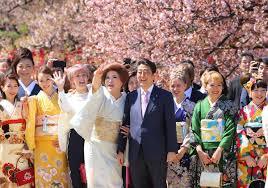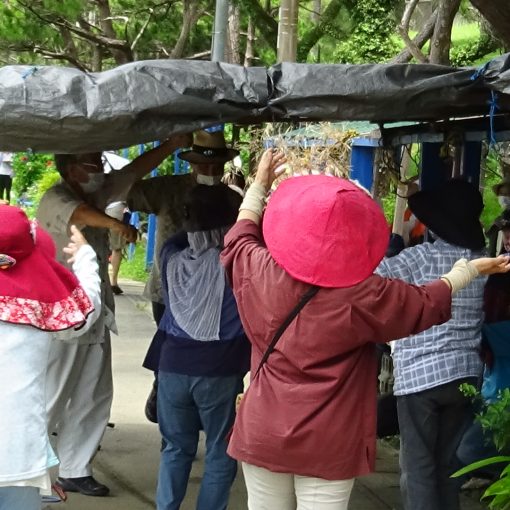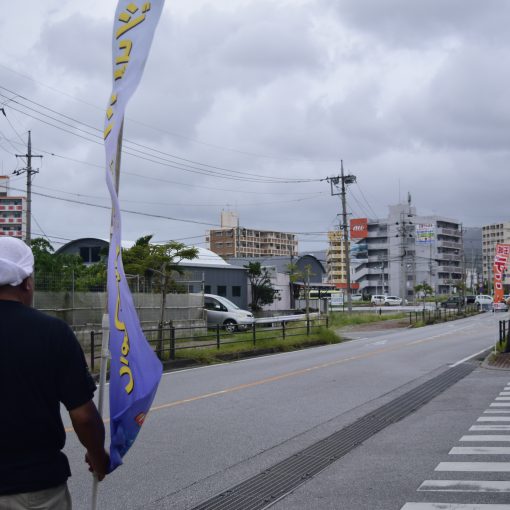Prime Minister Shinzo Abe acknowledged Wednesday that he was involved in the guest selection process for a publicly funded cherry blossom viewing party, drawing criticism from the opposition that the public event was used for election campaigning.
The prime minister was allowed to recommend as many as 1,000 guests with his wife Akie also making recommendations, government officials said in parliament. The ruling Liberal Democratic Party, led by Abe, had a quota of roughly 6,000.
The annual cherry blossom viewing event, which began in 1952, has been at the center of controversy ever since it came to light that hundreds of Abe supporters were invited.
For years, the government has made it a practice to finalize the guest list based on recommendations from politicians, including the prime minister, sparking criticism that the process is opaque, and the public event has been used for personal or political gain.
Abe told the Diet that his office had been soliciting a wide range of people who wanted to join the event after the Cabinet Secretariat asked the office to recommend guests.

“I gave my opinion regarding people to be recommended when consulted by my office,” Abe said, adding that the selection criteria will be the target of a “comprehensive” review by the government.
“I should deeply reflect on how it was managed,” Abe said, admitting the guest selection criteria were unclear.
Abe had earlier denied his involvement in the guest selection, telling the Diet on Nov. 8, “I am not arranging the invitees, although I offer greetings and welcome guests as the event host.”
Despite the acknowledgment, Abe still denied that he was involved in finalizing the government guest list.
Opposition party lawmakers are increasingly on the offensive, taking issue with how the annual cherry blossom viewing has been organized.
“It has become obvious that a public event was treated as part of election campaigning,” Jun Azumi, the Diet affairs chief of the major opposition Constitutional Democratic Party of Japan, told reporters.

“Taxpayers’ money has been used for unintended purposes. We will seek a thorough explanation,” Azumi said.
Held at a Tokyo park known for its cherry blossoms, the public event is meant to honor people such as athletes and celebrities for their accomplishments.
The number of guests, along with government funding, has grown in recent years, and Abe canceled next year’s event while the government review is underway.
The recent furor over the event is a headache to Abe, who, on Wednesday, became Japan’s longest-serving prime minister. The 65-year-old has so far overcome a series of favoritism allegations since his return to power in 2012, including one involving a veterinary school project managed by his friend.
In a separate parliamentary session on Wednesday, Chief Cabinet Secretary Yoshihide Suga revealed a breakdown of some 15,000 invitees to the cherry blossom viewing event.
On top of Abe’s 1,000, another 1,000 were recommended by the deputy prime minister, chief and deputy chief Cabinet secretaries. In addition to the LDP’s quota of about 6,000, another 6,000 were picked by ministries and agencies to honor their accomplishments.
“It is a hard fact that the number has been growing over many years,” Suga told the Diet session.





